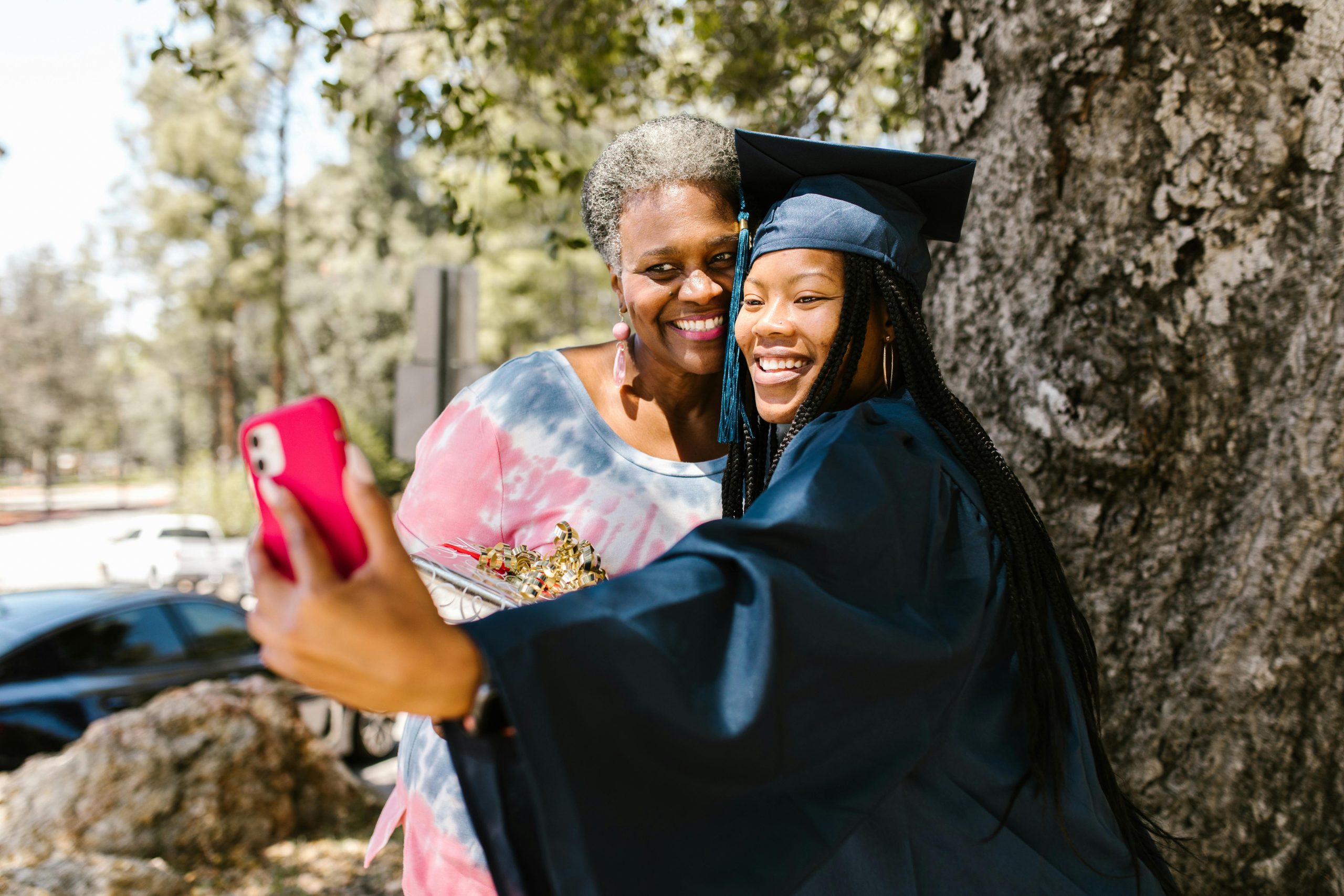Navigating the Ethical Dilemmas of Public Education Choices for Families
In the ongoing discussion about educational equity, many families face a fundamental question: Is it more morally and socially responsible to actively advocate for and utilize public school resources, or to invest privately in alternative educational options for their children? This question touches on broader themes of fairness, community responsibility, and individual needs within the education system.
Public Education vs. Private Support: What Are the Ethical Considerations?
For educators and policymakers, the debate often centers on the ethics of families who challenge or litigate school districts to obtain what they believe to be necessary accommodations for their children. When mainstream classrooms fall short of meeting specific needs, some families resort to legal action to secure an appropriate education. The key question is: Does this practice serve the greater good?
On one hand, public resources are finite, and allocating additional support for one student might mean less for others. If a family employs legal counsel to demand tailored services, concerns about diverting funds arise—funds that could otherwise be distributed across the larger student body.
Conversely, when families leverage available legal avenues to ensure their child’s needs are met within the public system, it can lead to systemic improvements benefiting all. By advocating for better resources and accommodations, these actions can catalyze reforms that make public education more inclusive and effective, especially for students with specialized requirements who might otherwise be marginalized or left behind.
The Philosophical Perspective on Educational Equity
My personal stance is rooted in the belief that when it’s feasible, families should strive to make public education work for their children. Supporting and strengthening our public school system is vital; it benefits the entire community by fostering an equitable learning environment. When access is limited to those who cannot afford private alternatives, a system’s integrity and overall quality tend to decline.
However, it’s crucial to remember that a child’s well-being and individual needs must come first. Each student’s humanity and unique circumstances should guide educational decisions. For children with particular needs—such as those with suspected learning or developmental differences—public schools might not always be suitable or effective. In such cases, private resources or alternative education pathways may be the most appropriate and compassionate choice.
Balancing Community Responsibility and Personal Necessity
As a parent preparing to navigate the public education system, I reflect on these ethical considerations deeply. The challenge is to balance the desire to support a robust, equitable public system with the immediate needs of my child. Ultimately, advocating for policy improvements within
